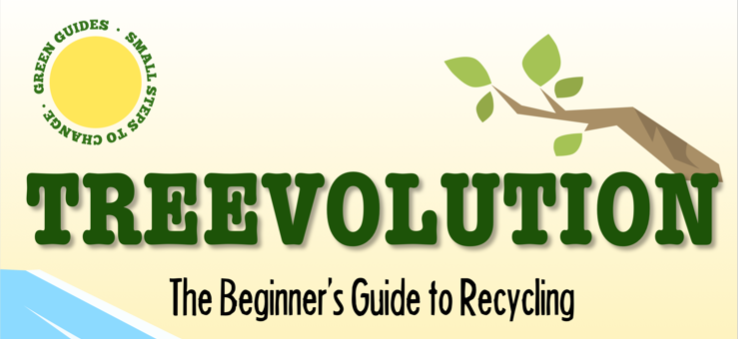Photo by Joe Yates on Unsplash
Greenwashing: How to separate facts from fakes
Green marketing is big business right now and most companies will try and convince you of their green credentials. But not all the claims they make hold up to close scrutiny. Even well-known brands have been caught out exaggerating their environmental impact – something that is commonly known as ‘greenwashing’.
If you want to be a greenwashing detective, there are a few things you should look out for. The first greenwashing giveaway is when a product claims to be environmentally friendly yet it’s covered in plastic. Often times the packaging will describe these products with buzzwords such as ‘green’ or ‘natural’, but what do those even mean?
Some companies will even go as far as putting fake certifications on their products. This makes it look like they meet certain environmental standards when they mean nothing at all. It’s important to recognise the seals and certifications you can trust, like the ones below:

Adidas
In 2021, a French Adidas advert proclaimed: ‘Stan Smith, Forever. 100% iconic, 50% recycled’. But the French advertising watchdog ARPP found the company guilty of misleading the public because only 50% of the upper shoe was made from recycled materials, not the entire shoe.

Sprite
When Sprite, which is owned by Coca-Cola, swapped its iconic green bottle for a clear one last year, it trumpeted that the clear bottles were ‘easier to recycle’. But many people pointed out that the company – long labelled as the world’s worst plastic polluter – was not tackling the real problem, which is that most single-use plastic bottles just don’t make it to recycling sites in the first place.
If the company truly wanted to go green, it would eliminate plastic completely. The more cynical pointed out that by going clear, Sprite bottles are less noticeable in landfills, relieving the brand from any obvious responsibility.

What you can do
South Africa doesn’t have any laws that prohibit greenwashing, although there are provisions against dishonest marketing. If you notice misleading advertising you can place a complaint in writing to the Advertising Regulatory Board.
Did you know?
An item’s packaging cannot use the recycling symbol ( ) or claim to be recyclable unless these facilities exist and are well within reach for said recycling. Being technically recyclable is not enough.
) or claim to be recyclable unless these facilities exist and are well within reach for said recycling. Being technically recyclable is not enough.
Notebook
- Watch: When companies aren’t as sustainable as they claim
- Take a look at some examples of greenwashing

